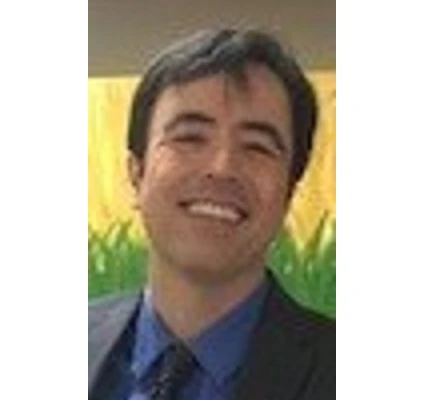
When uninsured patients need to see a specialist, Dr. Anderson refers them to the Jackson Health System because they provide sliding scale fees and charity care, helping to make specialized medical services within reach. However, he has “found that patients who are pursuing a green card or other change in immigration status are reluctant to be referred to Jackson Health System because they are unclear whether the Jackson Prime Card or Charity Card services would in any way run afoul of the new public charge rule or bring them to the attention of immigration authorities.”
This chilling effect has been heightened during the pandemic. It has manifested itself with patients who may have COVID symptoms and are referred to free county COVID testing sites. Patients are worried that because testing sites are government-operated, accessing testing services may fall under public charge rule or that their information may be shared with immigration authorities.
Dr. Anderson’s practice is consciously aware that the social determinants of health are very important in determining the wellbeing of patients and the entire community. To that extent, he is “very concerned with how public charge looks to disincentivize, if not outright penalize mixed-immigrant status households from accessing important social services that are viable to the wellbeing of their families and the entire community.”
“Unless we address these fundamental needs, people do not have a fighting chance to stay healthy and be productive members of society.”
Food, housing and medical care access are fundamental human needs. Dr. Anderson believes that “unless we address these fundamental needs, people do not have a fighting chance to stay healthy and be productive members of society.” He hopes that “in light of the outright confusion of public charge there would be a concerted effort to clearly indicate how an individual’s immigration status would be impacted with policy changes in public charge.”
There has been extensive documentation regarding the impact of the public charge rule across the state. If we are concerned about health, we must broaden the conversation to upstream issues such as food insecurity and access to housing. Ensuring that immigrants do not forego public benefits such as health coverage and food stamps that they or their children are eligible for because of an ill-founded fear about the public charge rule is critical.
Giving up these benefits has very real consequences. Dr. Anderson believes “We may be losing opportunities to intervene in improving the health of individuals before a very bad situation like cancer goes undetected or becomes more aggressive.”

Florida Health Justice Project engages in comprehensive advocacy to expand health care access and promote health equity for vulnerable Floridians.
A copy of the official registration and financial information may be obtained from the division of consumer services by calling 1-800-HELP-FLA (435-7352) toll-free within the state. Registration does not imply endorsement, approval, or recommendation by the state.